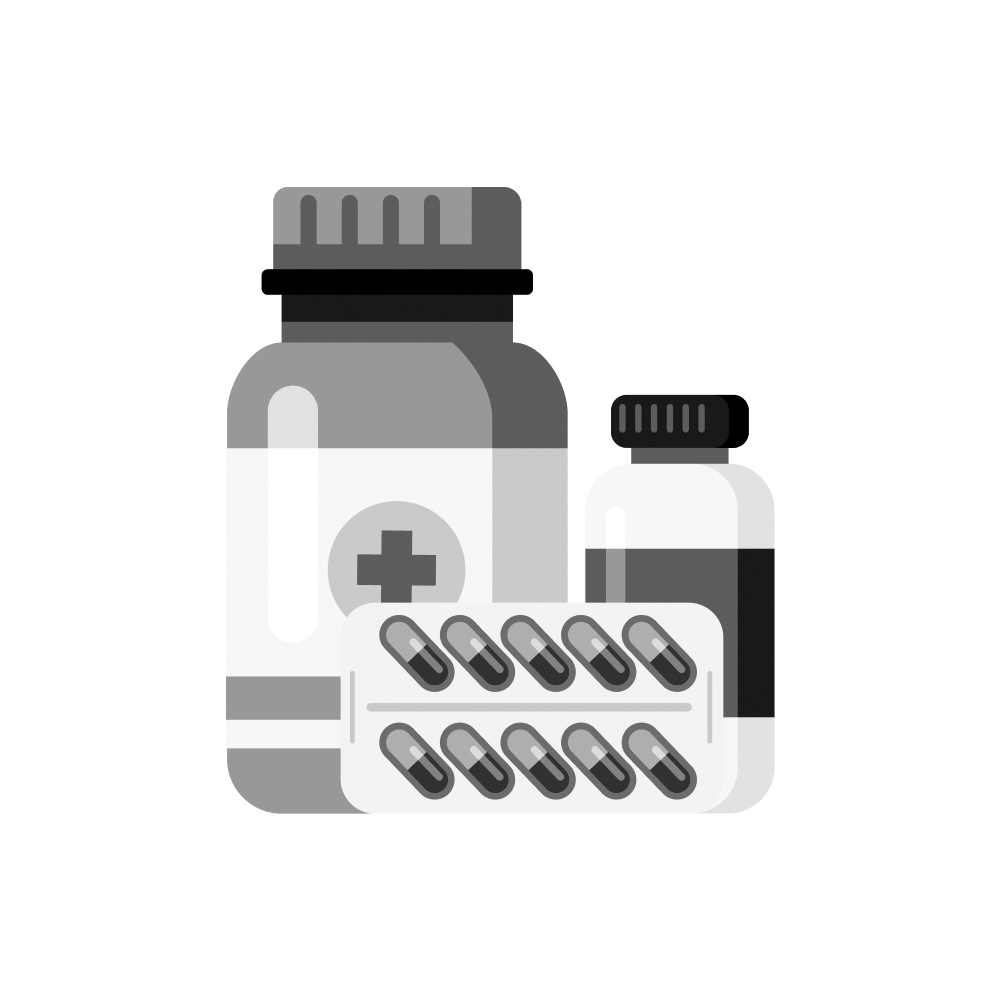Introduction
Granocyte 34 is used to prevent infections after chemotherapy. It is a growth factor that stimulates the bone marrow to produce white blood cells. These cells protect the body against infections.
Granocyte 34 is given as an injection by a qualified medical professional. You should continue to take as long as your doctor advises for it. The duration of treatment varies according to your need and response to treatment. You might be asked for regular tests done to check the number of blood cells in your blood and your bone density level while you are taking this medicine.
The most common side effects of this medicine include bone pain, weakness, increased white blood count, back pain, and headache. Other than this, pain or redness at the site of injection is common. But, inform your doctor if you notice a lump, swelling, or bruising that does not go away. It might not prevent you from all kinds of infection, hence inform your doctor if you notice fever, chills, shortness of breath, sore throat and swelling around face or neck.
Many other medicines can affect, or be affected by, this medicine so let your healthcare team know all medications you are using. This medicine is not recommended during pregnancy or while breastfeeding. The use of effective contraception by both males and females during treatment is important to avoid pregnancy. You must avoid driving or attention-seeking activity if you experience dizziness after taking this medicine.
Uses of Granocyte 34
- Infections after chemotherapy
Side effects of Granocyte 34
Common
- Bone pain
- Weakness
- Increased white blood cell count
- Low blood platelets
- Back pain
- Increased liver enzymes
- Headache
How to use Granocyte 34
Your doctor or nurse will give you this medicine. Kindly do not self administer.
How Granocyte 34 works
Granocyte 34 is a growth factor that stimulates the bone marrow to produce white blood cells. These cells protect the body against infections. .
What if you forget to take Granocyte 34?
If you miss a dose of Granocyte 34, please consult your doctor.
Indication
Neutropenia, Reduce the risk of life-threatening infection in patients with neutropenia after cytotoxic chemotherapy.
Adult Dose
Intravenous
Neutropenia following bone marrow transplantation
Adult: 19.2 million IU/m2 or 150 mcg/m2 daily by IV infusion started the day after transplantation for a maximum of 28 consecutive days.
Subcutaneous
Mobilisation of peripheral blood progenitor cells for autologous peripheral blood stem cell transplantation
Adult: As monotherapy: 1.28 million IU/kg or 10 mcg/kg daily for 4-6 days (5-6 days in healthy donors). Following adjunctive myelosuppressive chemotherapy: 19.2 million IU/m2 or 150 mcg/m2 daily, started the day after completion of chemotherapy for a maximum of 28 consecutive days.
Chemotherapy-induced neutropenia
Adult: 19.2 million IU/m2 or 150 mcg/m2 daily, start the day after completion of chemotherapy for a maximum of 28 consecutive days.
Child Dose
Intravenous
Neutropenia following bone marrow transplantation
Child: >2 yr: 19.2 million IU/m2 or 150 mcg/m2 daily by IV infusion started the day after transplantation for a maximum of 28 consecutive days.
Contraindication
Contraindicated in patients with bone marrow cancer, children less than 2 years, and hypersensitivity.
Mode of Action
Lenograstrim (rHuG-CSF) belongs to the cytokine group of biologically active proteins which regulate cell differentiation and cell growth. rHuG-CSF is a factor which stimulates the neutrophil precursor cells as demonstrated by the CFU-S and CFU-GM cell count increases in peripheral blood.
Precaution
Premalignant or malignant myeloid condition; sickle-cell disease; osteoporotic bone disease; signs of pulmonary infiltrates (withdraw treatment). Monitor CBC during therapy. Pregnancy and lactation.
Side Effect
Musculoskeletal - Musculoskeletal pain, bone pain, splenic enlargement and osteoporosis.
Gastrointestinal - Nausea, diarrhea and loss of appetite.
Blood - Anemia and decrease in platelet counts.
Skin - Painful skin condition, skin death and skin inflammation.
Miscellaneous - Fever, headache and painful urination.
Interaction
Increased risk of myelosuppression with myelosuppressive antineoplastic agents; increased pulmonary toxicity with bleomycin and cyclophosphamide.
